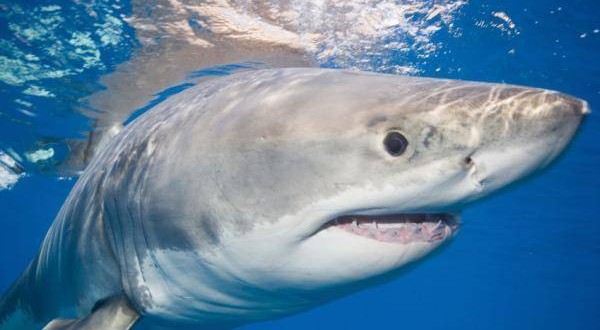Scientists have figured out that modern sharks are sleeker than what their ancestors were 325 million years ago. They studied an extremely well preserved fossil of a shark discovered by professors Royal Mapes and Gene Mapes.
The fossil was later given to the American Museum of Natural History by Ohio University. After having a closer look at the fossil, the researchers determined that the modern day sharks are quite advanced when compared to their prehistoric relatives.
“Sharks are traditionally thought to be one of the most primitive surviving jawed vertebrates. And most textbooks in schools today say that the internal jaw structures of modern sharks should look very similar to those in primitive shark-like fishes,” Alan Pradel, a postdoctoral researcher at the Museum and the lead author of the study said.
“But we’ve found that’s not the case. The modern shark condition is very specialised, very derived, and not primitive,” he said. The new study is based on an extremely well-preserved shark fossil collected by Ohio University professors Royal Mapes and Gene Mapes in Arkansas, where an ocean basin once was home to a diverse marine ecosystem.
The heads of all fishes – sharks included – are segmented into the jaws and a series of arches that support the jaw and the gills. These arches are thought to have given rise to jaws early in the tree of life. The research is published in the journal Nature.
Agencies/Canadajournal

 Canada Journal – News of the World Articles and videos to bring you the biggest Canadian news stories from across the country every day
Canada Journal – News of the World Articles and videos to bring you the biggest Canadian news stories from across the country every day

